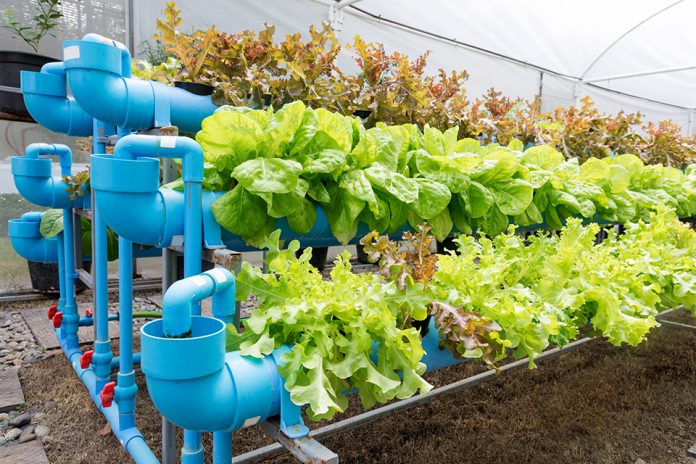5 SWEDISH SUSTAINABILITY EFFORTS

By: Joe Carter
Photo: Daily Scandinavian
The Swedish region in northern Europe is what many call “the world’s most sustainable nation”. Sweden consistently ranks high on lists for environmental sustainability and carbon neutrality. They have dedicated a lot of time and focus to urban planning and infrastructure. The goal is to become as eco-friendly as possible. Here are 5 things we can learn from Swedish sustainability efforts.
Since the 1990s, Sweden has made massive strides towards revolutionizing the world of sustainability. Environmental stewardship is promoted through every aspect of their lives. Whether it’s behaviors at home, education in schools, or government discussions. There are many things that other nations can adopt to help fight against global warming.
Energy Efficiency At Home
While it can be difficult to sway big companies into changing their ways, what we do in our homes is under our control. Many Swedish families have embraced turning their home environment into a sustainable fortress. Through recycling, energy-efficient appliances, and composting, they do what they can to benefit the greater good. The Swedish government even incentivizes its citizens to participate in these programs. The rewards are financial compensation and tax reductions. Many cities have adopted district heating as an energy-efficient option to the traditional single home heating systems. District heating is also known as centralized heating. It is the use of central energy plants that use recyclable heat to distribute heat through networks that cover large areas of homes and apartments. This reduces the number of greenhouse emissions and promotes a communal effort.
Urban Farming
Because of its climate, Sweden imports more than half of its vegetables. The process of importing goods is detrimental to the environment. To combat this, many Swedes have taken up urban gardening. Urban gardening eliminates the process of importing and unites the farmer and the consumer. Koloniträdgårdsförbundet, the Swedish association of allotment gardens, has focused its efforts on sustainable gardening and consumption practices. They established community gardens all over the nation, which provide sustainably grown foods to the citizens of the area. Additionally, there has been a boom in vertical farming. This is the process of growing vegetables and verbs on shelves stacked on top of each other to reduce land and water use. Vertical gardens exist in buildings with optimal temperatures for growth. This makes produce accessible all year round.

Sustainability Infused Education
It has long been known that education is an integral part of how a society develops. In Sweden, sustainability is integrated into education as early as preschool. When children grow up with a sense of environmental stewardship, they grow into adults who have a profound understanding and respect for the natural world. It is no surprise that their society is so dedicated to bettering the environment. Public education in Sweden teaches children about the environment as a part of other subjects from science to home economics. They are taught to think critically about sustainability. Educators and administrators promote sustainability through behavior changes outside of the classroom as well. Students are taught to recycle their lunch wrappers and compost their leftover food.
Save The Bees
In recent years the importance of bees to the environment has made massive waves in sustainability efforts worldwide. Sweden is no exception. Beekeeping has become a popular hobby and business model in urban Sweden. Some companies and programs encourage municipalities and their citizens to adopt beehives and help further efforts of biodiversity and ecosystem reconstruction. Aside from producing honey, bees pollinate acres of produce that we consume as food. Due to climate change, many colonies of bees have died and their loss has been felt immensely in the agriculture industry. Urban planning committees have established bee-friendly zones and rooftop gardens to house the beehives.
Work Together
The biggest thing we can take away from the Swedish approach to sustainability is a community effort. The Swedes have understood something that many countries still struggle to grasp. Sustainability is not possible without community engagement. While individual efforts don’t go unnoticed, to make institutional changes we must be committed to the cause as a community. Civil engagement is the backbone of Swedish sustainability. Whether it’s schools coming together to make curriculums more environmentally centered, municipalities adopting beehives, or massive companies incentivizing walking and biking to work, a communal effort is one of the most powerful actions we can take. The world belongs to all of us, thus we should all work together to combat climate change and environmental degradation.



